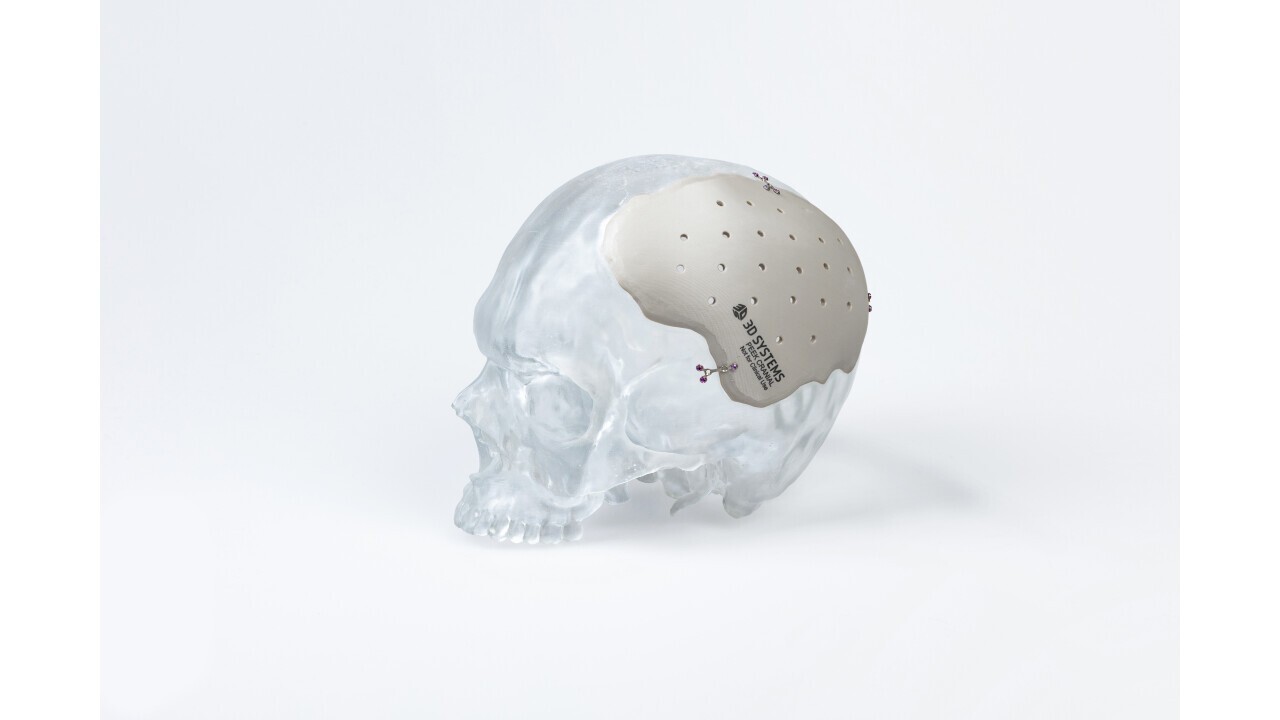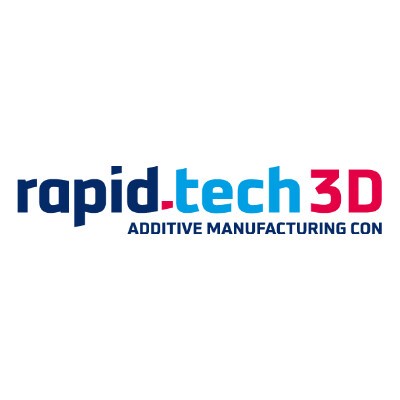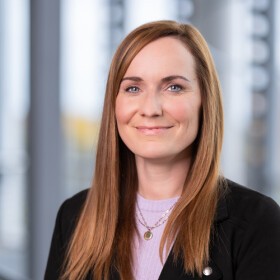3D printing in medicine ‒ a healthy way forward
Latest developments in this area to be addressed at the Innovations in AM Forum on 15 May 2025 ‒ Expert Tables on 14 May offer small-group discussions on AM challenges in medicine
(Erfurt, 9 April 2025). Medical technology is a pioneer in the successful application of additive technologies. One of the sessions at the rapid.tech 3D trade forum Innovations in AM on 15 May 2025 will focus on the latest developments in this area. On 14 May, interested parties will be able to discuss specific AM topics in medicine in small groups at the Expert Tables in the rapid.tech 3D exhibition hall.
AM predestined for medical applications
“Additive manufacturing was always going to be used in medical applications because of the benefits it offers in the production of personalised implants and small series, and its ability to provide solutions to many medical problems. AM experts from Siemens Healthineers, Evonik, 3D Systems and KLS Martin will be joining us at the forum to showcase a range of current applications. As well as discussing the technological aspects, they will also explain how to tackle regulatory challenges,” says Martin Neff. As a member of the rapid.tech 3D advisory board, the ARBURGadditive sales manager is responsible for preparing the content of this session.
PEEK 3D printing for next-generation implants
Dr Michael Ott, Head of Technology Catalyst & Sustainability at the Siemens Healthineers Technology Center Mechatronic Products, will outline his company’s approach to the use of additive manufacturing, using the example of polymer processing.
Other presentations will also explore the potential of high-performance polymers in medical 3D printing and how they can be applied. Evonik has been driving forward the 3D printing of PEEK implants for years. The technology enables treatment at the point of care, improves design freedom and is used successfully around the world for spinal implants, among other things, as Dr Philip Engel, Evonik’s Head of Segment Medical Systems, reports. Printed spinal implants made from PEEK are now in series production and the performance data from clinical application has been impressive. As the number of patients treated increases, so does the production volume, thus improving efficiency and paving the way to commercial series production.
Pushing the boundaries of medical additive manufacturing
Dr Stefan Leonhardt, Director Medical Devices at 3D Systems, discusses the journey from start-up to development of the first 3D-printed PEEK cranial implant. This particular case study highlights the success of the implants in clinical settings and reveals how collaboration with hospital partners turned a vision into reality. The presentation also illustrates how to address technological, regulatory and market-specific challenges while pushing the boundaries of medical additive manufacturing.
From 2D implants to the perfect patient-specific fit
Karl Hannes Späth, Development Engineer at KLS Martin, explains how the combination of additive manufacturing and digital planning enables the company to produce custom-made implants for the oral and maxillofacial region. Conditions in these areas are often still treated using two-dimensionally shaped plates, which the surgeon usually ‘moulds’ to the patient’s anatomy during surgery. By combining 3D printing with virtual planning, it is possible to directly create an implant that is perfectly tailored to the patient. This approach also reduces pain, recovery time and costs.
Expert Tables on additive manufacturing and medicine
In addition to the forum, several Expert Tables on 14 May 2025 will provide a chance to discuss 3D printing topics in medicine, such as developments in the dental and orthopaedic sectors and regulatory challenges. The format is designed to encourage 1:1 discussion and targeted networking in small groups.
Specialist conference offers a look at other current AM developments and applications
As well as the session on medical topics, the Innovations in AM trade forum will include a session on the use of additive manufacturing in the defence sector. Other forums at the rapid.tech 3D specialist conference will also provide insights into the latest AM developments and applications. On the first day, the VDMA AM4industry Forum, the Aerospace Forum and the quality-approved Science Forum invite visitors to delve into these topics. Day two of the programme includes the Chemistry & Process Engineering, Electronics & Components and Mobility forums. In addition to Innovations in AM, the final day sees the forums Energy Technology & Hydrogen and Software, AI & Design welcome participants.
Presentations and a chance to chat to exhibitors, Deep Dive tours and Expert Tables
Visitors can also look forward to product and service demonstrations as well as small group discussions in Hall 2 – at the exhibitors’ stands or on guided Technical Deep Dive tours, at the Expert Tables, and at the AM Science Poster Slam in the hall.
The 3D Pioneers Challenge too is a source of inspiration, introducing completely new applications of additive and digital technologies. This year the international competition is back at rapid.tech 3D for the tenth time. The anniversary edition gives all previous finalists and winners the chance to go before the jury panel once again and scoop the title of “Pioneer of the Decade”.
Quantum Photonics to be held alongside rapid.tech 3D
Messe Erfurt also invites you to the first edition of Quantum Photonics on 13 and 14 May 2025, which is taking place in parallel with rapid.tech 3D from 13 to 15 May 2025. Quantum Photonics is geared toward researchers, developers and engineers in computing, communications, imaging and sensor technology, as well as related fields such as medicine, life sciences, chemistry, mobility and finance. The technology and applications for additive manufacturing and quantum technologies intersect at numerous points, generating valuable synergies.


